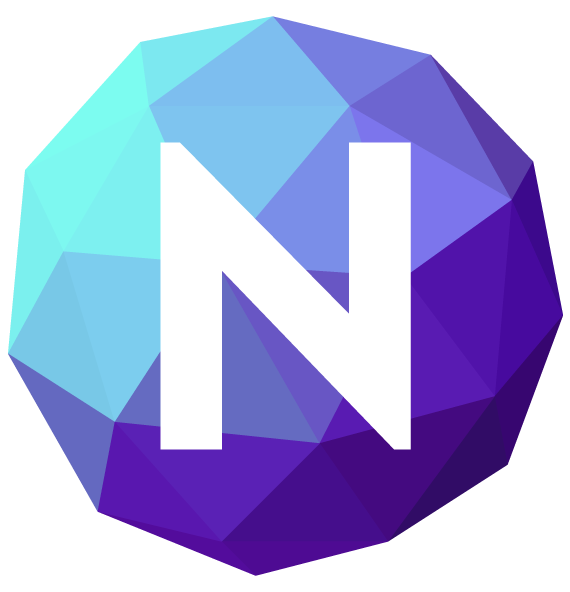Nikka Estefani
Category: Development

ChatGPT was developed by OpenAI. It is a sophisticated conversational AI model that uses natural language to interact with people. It is a neural network-based language model that has been trained on a massive quantity of textual data and can generate human-like responses to various prompts and enquiries.
The name “GPT” stands for “Generative Pretrained Transformer,” and the model is based on the transformer architecture. This architecture allows the model to efficiently process and generate responses to input text by paying attention to the context and relationships between words in a sentence.
The first version of GPT was released in 2018, and since then, it has undergone several iterations, with the latest version, GPT-3, being released in 2020. GPT-3 has a staggering 175 billion parameters, making it one of the largest language models in the world. It has been trained on a diverse range of textual data, including books, articles, and websites, and has the ability to generate coherent, grammatically correct sentences that are often indistinguishable from those written by humans.
ChatGPT has been integrated into a variety of applications, such as chatbots, virtual assistants, and customer service tools, where it can interact with users and respond intelligently to their queries. The model has been trained to comprehend and respond to a variety of topics, including science, politics, entertainment, and sports.
One of ChatGPT’s key advantages is its ability to quickly learn and adapt to new contexts and domains. It can use previous knowledge to generate responses to new prompts and can learn from user interactions to improve its responses over time. This means that as more people use ChatGPT, it becomes smarter and more capable of understanding and responding to their needs.
However, there are also concerns about the potential misuse of ChatGPT. As the model becomes more intelligent and capable of generating realistic responses, there is a risk that it could be used to spread misinformation or generate fake news. To mitigate these risks, OpenAI has implemented several safeguards, including restricting access to the model and limiting its ability to generate harmful content.
In conclusion, ChatGPT is an advanced conversational AI model that has the potential to revolutionize the way we interact with technology. With its ability to generate natural language responses and learn from its interactions with users, it has the potential to transform customer service, virtual assistants, and chatbots. While there are concerns about its potential misuse, OpenAI is taking steps to ensure that ChatGPT is used responsibly and ethically.







